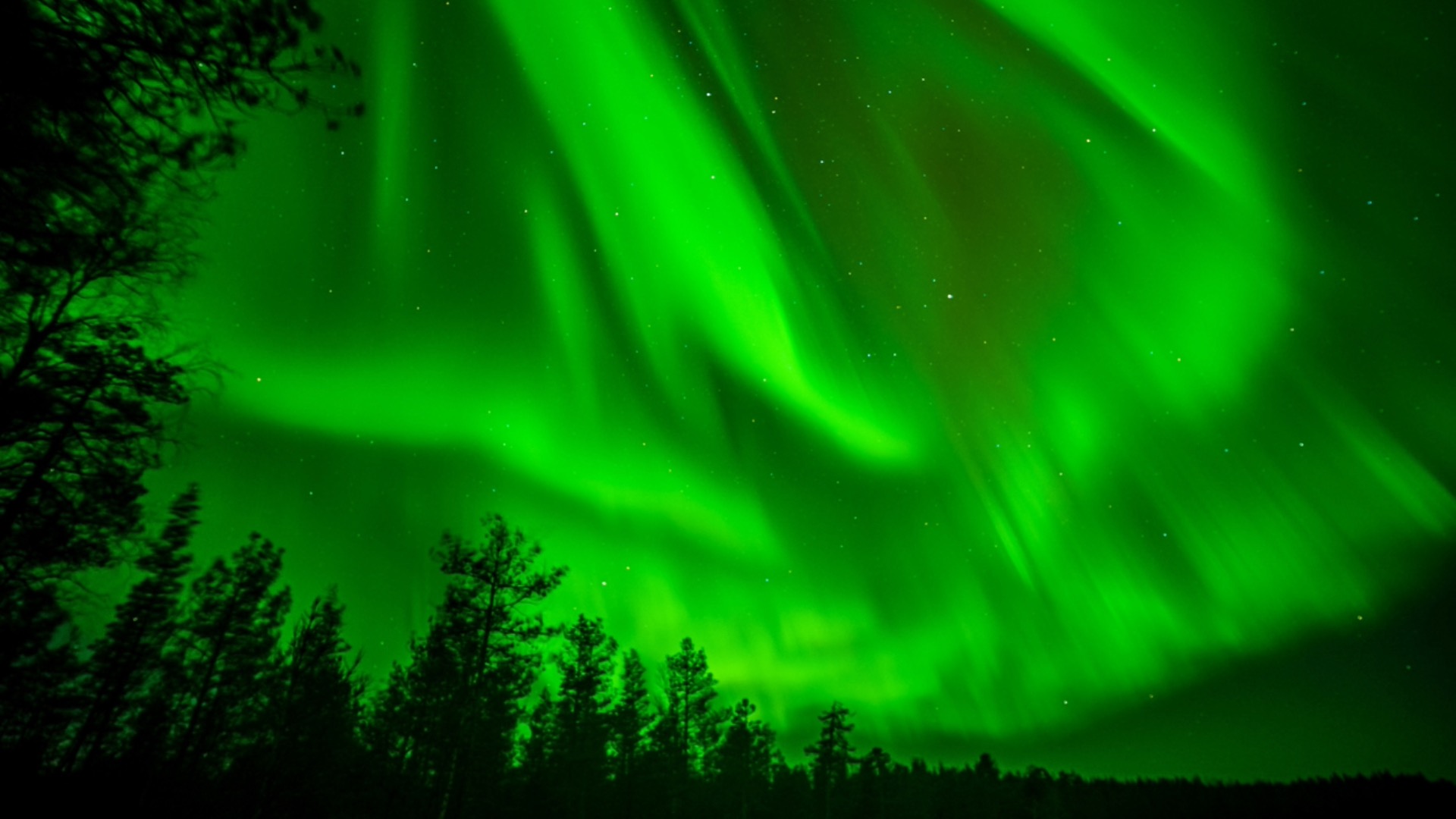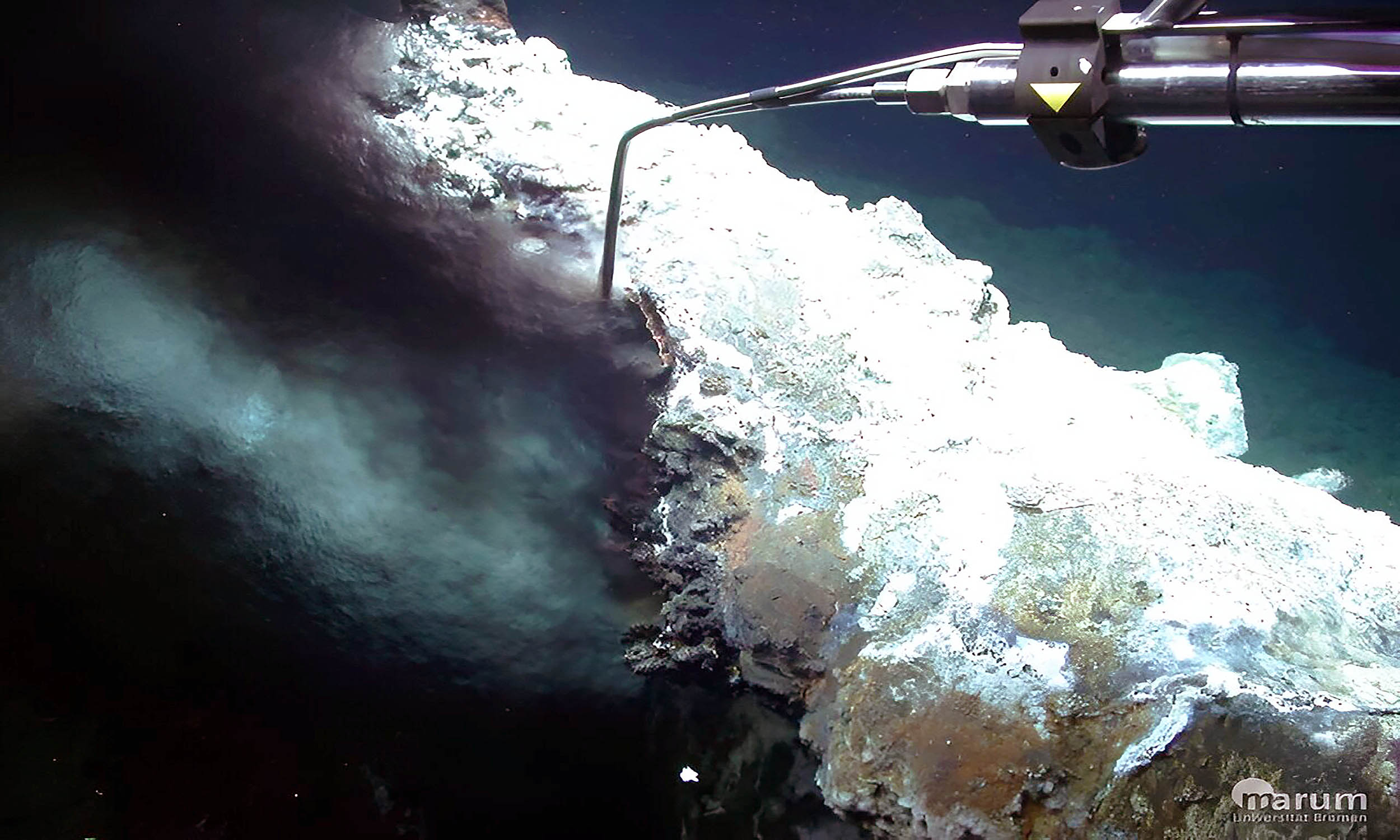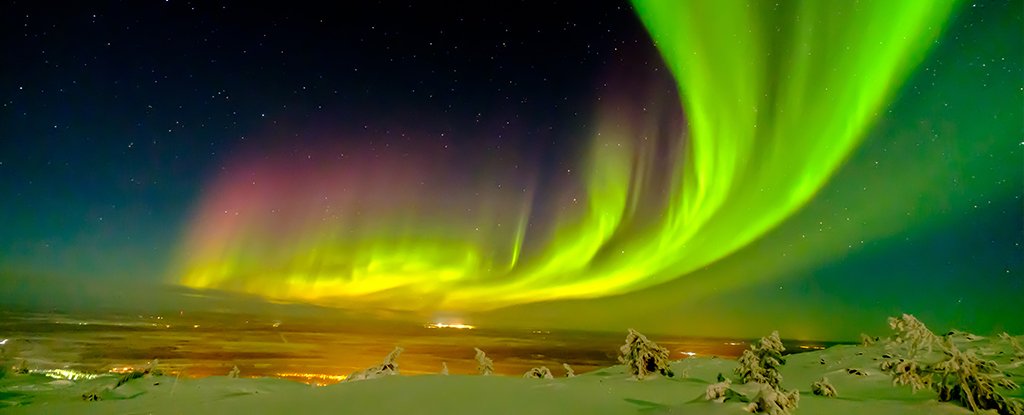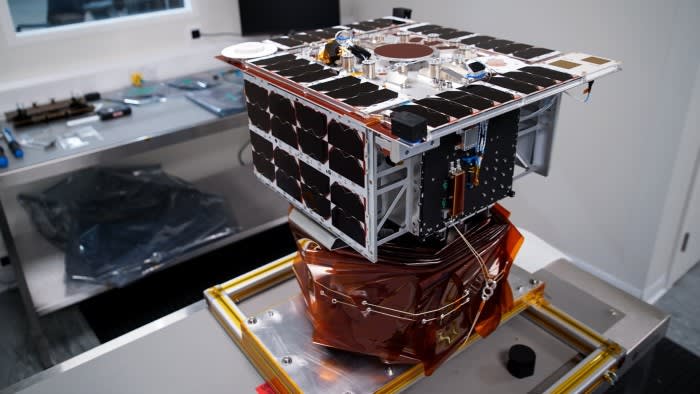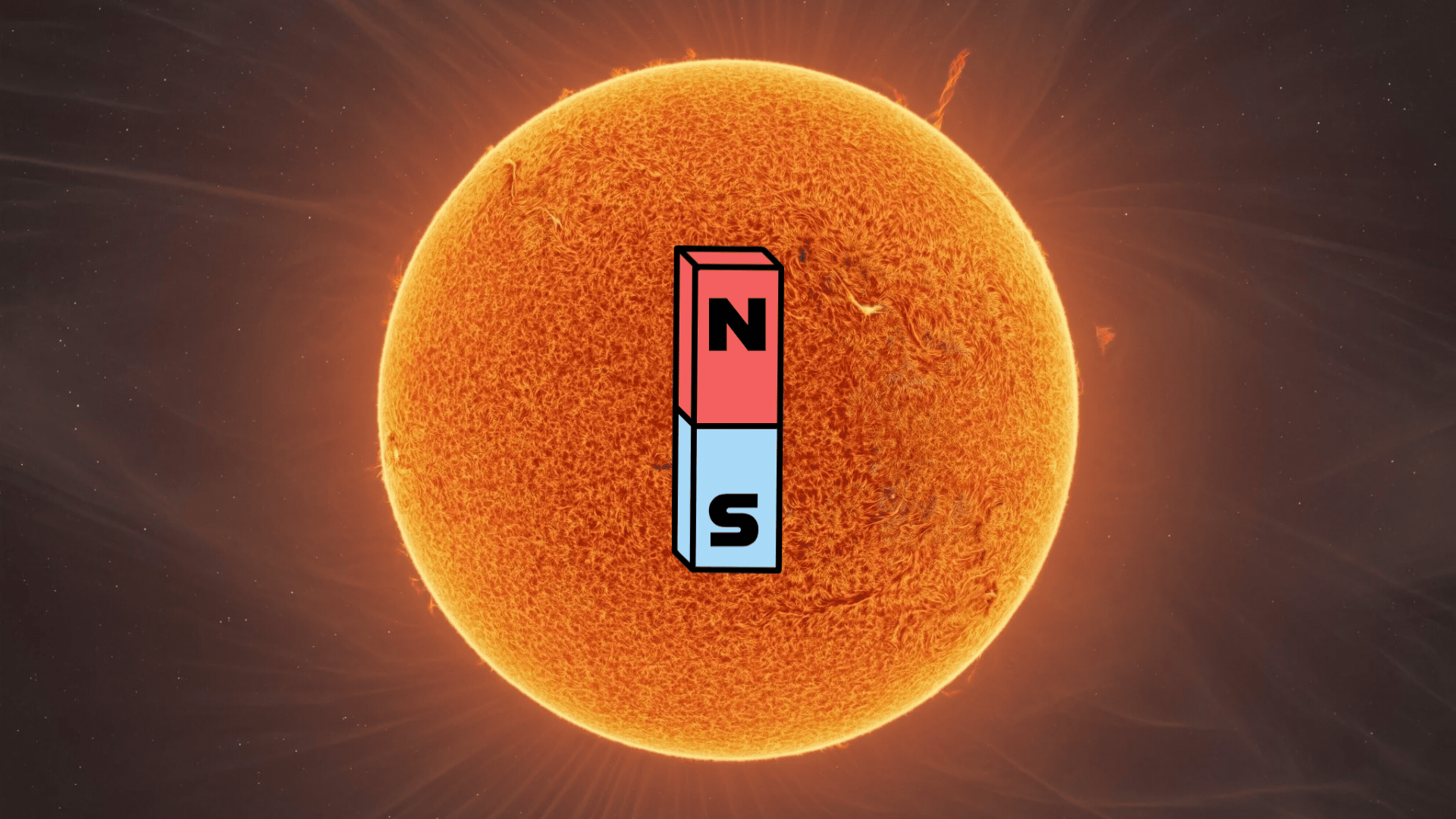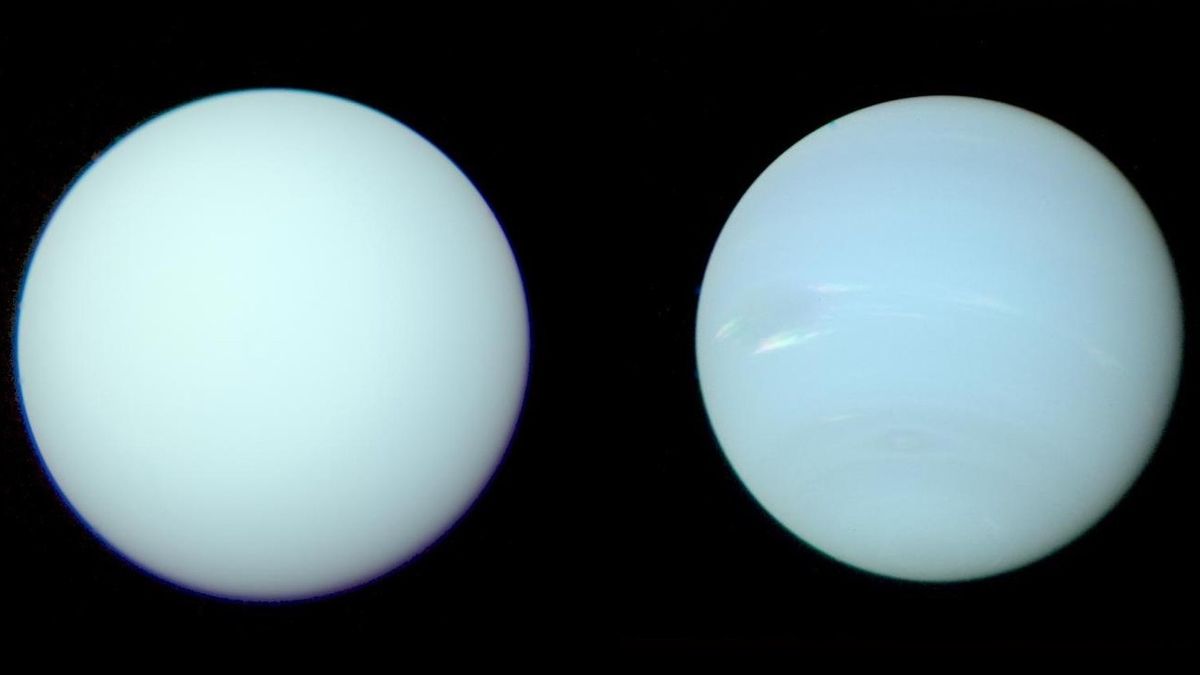Solar storms can break Earth’s magnetic field and knock out power supplies
For thousands of years, people have watched the vibrant auroras dance across the night sky. But these magnificent displays are more than just a pretty sight. They are a warning sign of a hidden danger: geomagnetically induced currents. Auroras are caused by particles from the sun hitting the Earth’s magnetic field. These forces can compress … Read more
